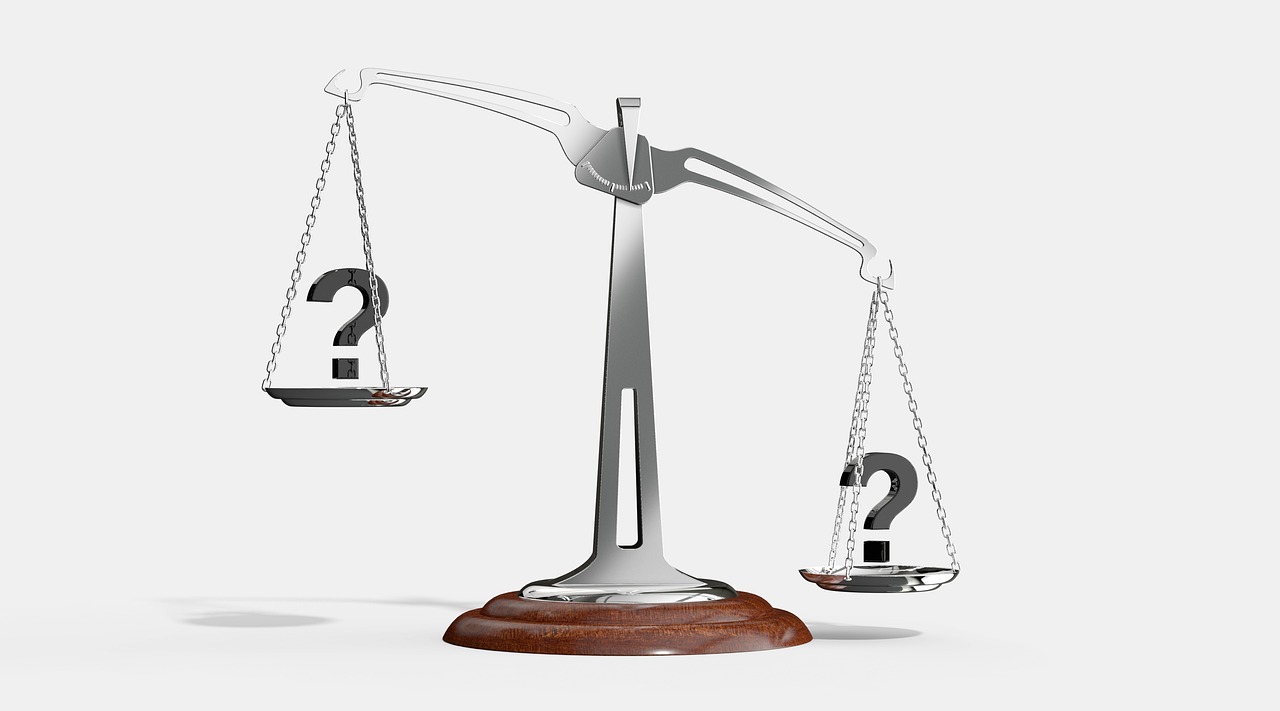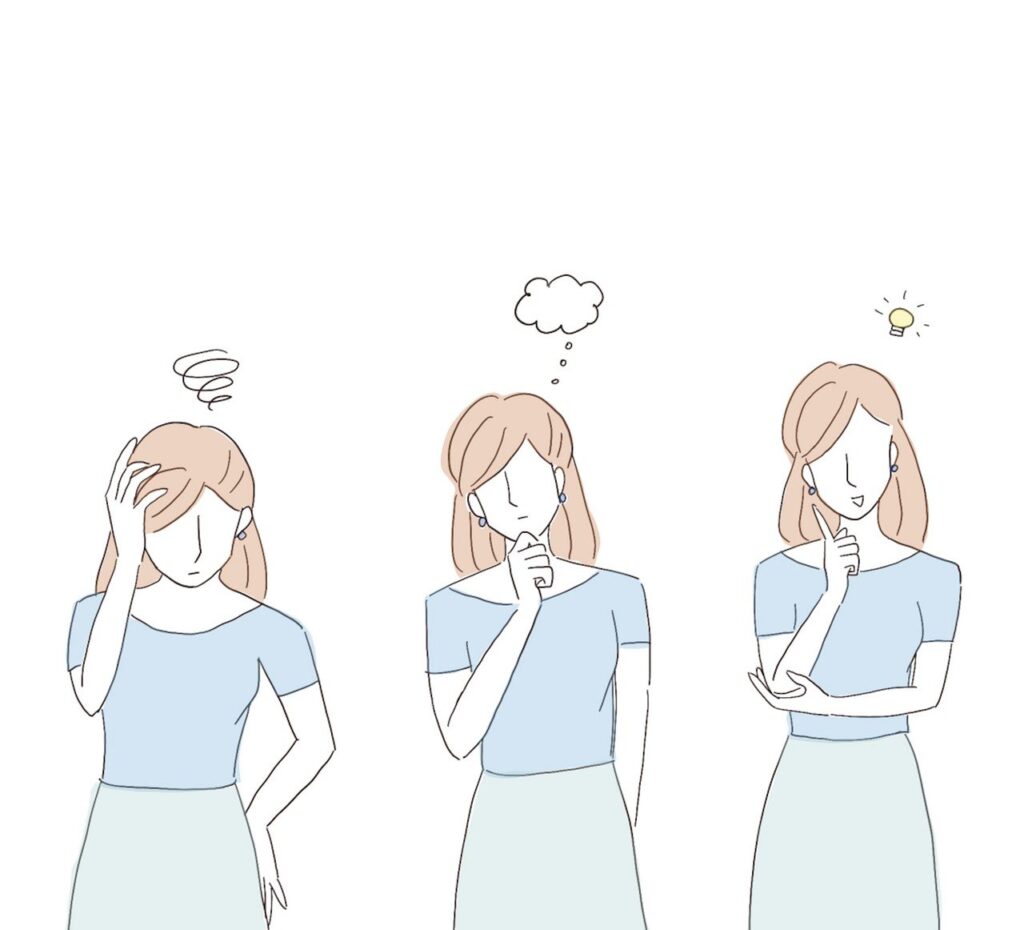Comparing yourself to others involves evaluating your abilities, achievements, and qualities against those of other people. This comparison can happen in various areas, such as career success, appearance, relationships, and social status.
While it can sometimes motivate self-improvement, it often leads to feelings of inadequacy, jealousy, or low self-esteem. Social media, in particular, has amplified this tendency, as it often showcases curated highlights of others’ lives, making it easy to feel like you’re falling short. It’s important to recognize the difference between healthy motivation and harmful comparison, focusing instead on personal growth and self-acceptance.
Why People Compare Themselves to Others?
People compare themselves to others for several reasons:
- Self-Evaluation: Comparison helps individuals assess their abilities and progress with peers, providing a benchmark for personal development.
- Social Validation: Seeking approval and validation from others can drive comparisons, as people often want to feel accepted and recognized.
- Motivation: Seeing others succeed can inspire individuals to set and pursue their own goals, using comparisons as a form of motivation.
- Insecurity: Feelings of inadequacy or low self-esteem can lead to harmful comparisons, as individuals may focus on what they perceive as their shortcomings.
- Social Media Influence: Platforms often present curated and idealized versions of life, making it easy to fall into the trap of comparison.
- Cultural Norms: Societal pressures and values can shape how people view success and worth, prompting comparisons as a way to fit in or achieve perceived standards.
While some comparisons can be constructive, it’s important to maintain a balanced perspective and focus on personal growth rather than constant comparison.
How To Overcome From Comparing Yourself to Others?
Overcoming the habit of comparing yourself to others involves several strategies:
- Shift Your Focus: Concentrate on your own goals, achievements, and progress. Celebrate your unique journey instead of measuring it against others.
- Limit Social Media Exposure: Take breaks from social media or curate your feeds to follow accounts that inspire you positively rather than trigger comparisons.
- Practice Gratitude: Make it a habit to regularly reflect on the things you appreciate about yourself and your life. Maintaining a gratitude journal can help change your perspective and foster a positive mindset.
- Set Personal Goals: Focus on setting and achieving your own goals. This can give you a clearer sense of purpose and direction, reducing the tendency to compare.
- Challenge Negative Thoughts: When you find yourself comparing, pause and question the validity of those thoughts. Are they based on reality? Remind yourself of your strengths and accomplishments.
- Surround Yourself with Supportive People: Engage with friends and family who uplift and encourage you, rather than those who foster feelings of competition.
- Practice Self-Compassion: Be kind to yourself. Acknowledge that everyone has their struggles and that it’s okay not to be perfect.
- Engage in Mindfulness: Practicing mindfulness or meditation can help you become more aware of your thoughts and feelings, making it easier to let go of comparisons.
- Focus on Your Values: Identify what truly matters to you and align your actions with those values, rather than comparing them to what others prioritize.
- Seek Professional Support: If feelings of inadequacy persist, consider talking to a therapist or counselor who can help you develop healthier perspectives.
By actively working on these strategies, you can cultivate a more positive self-image and reduce the urge to compare yourself to others.



